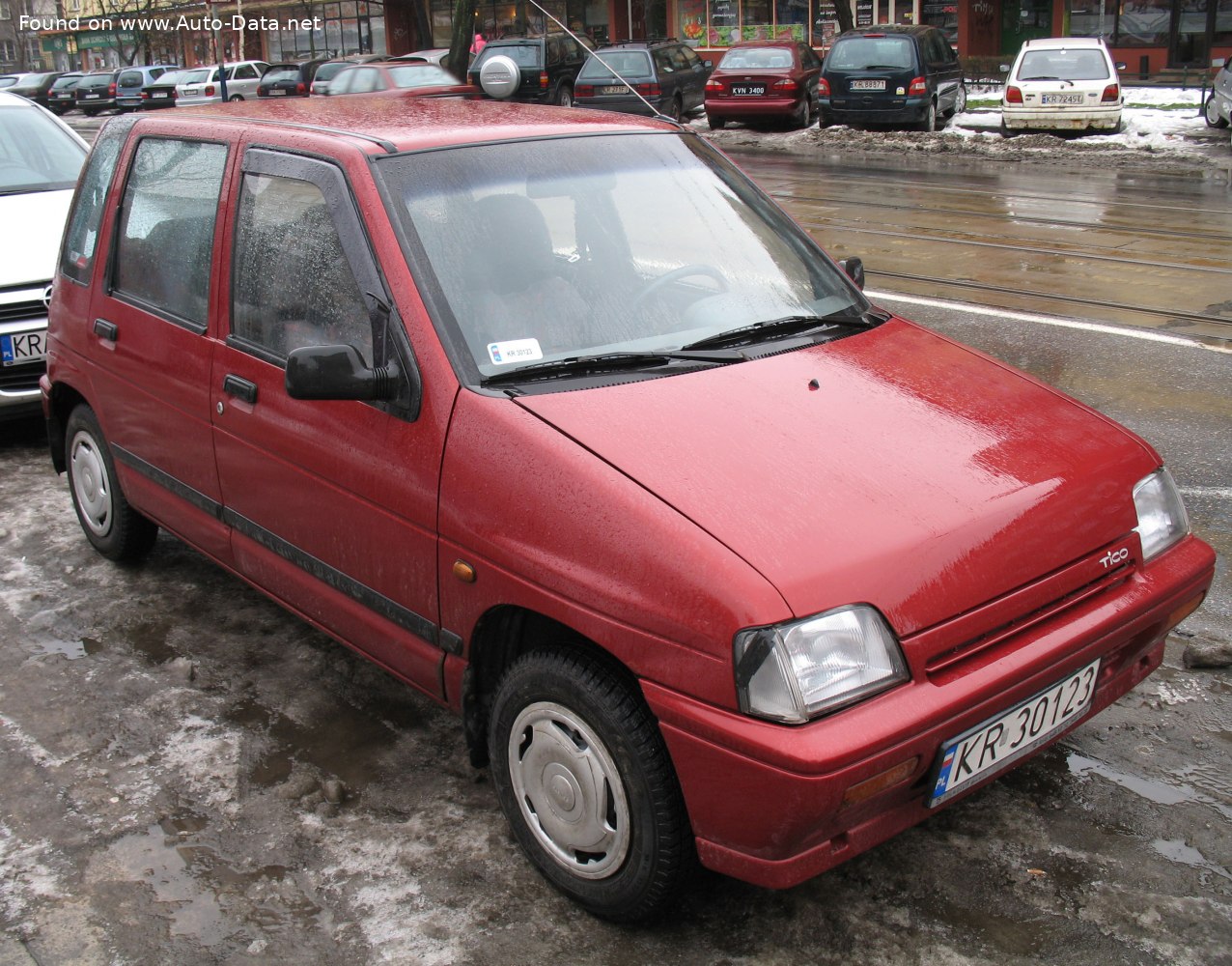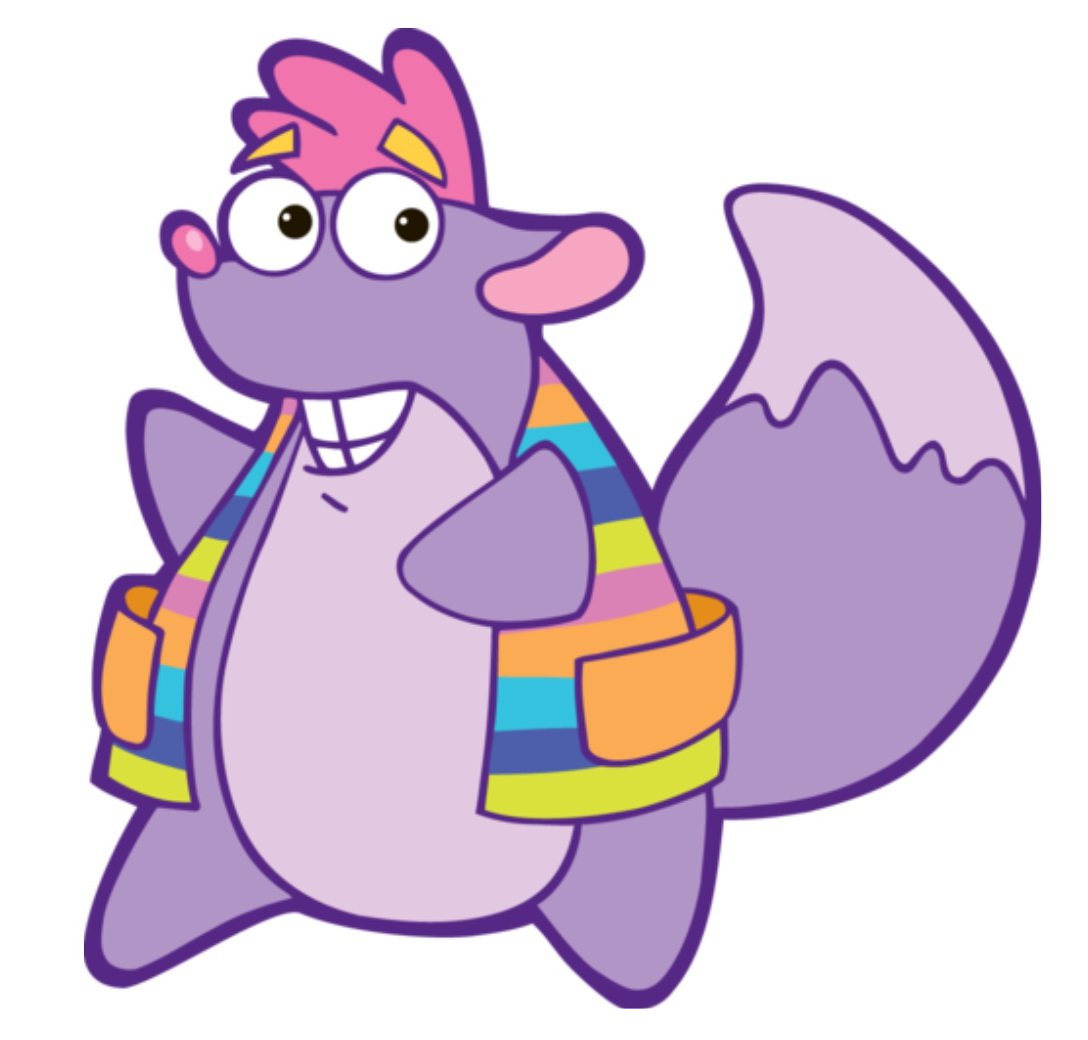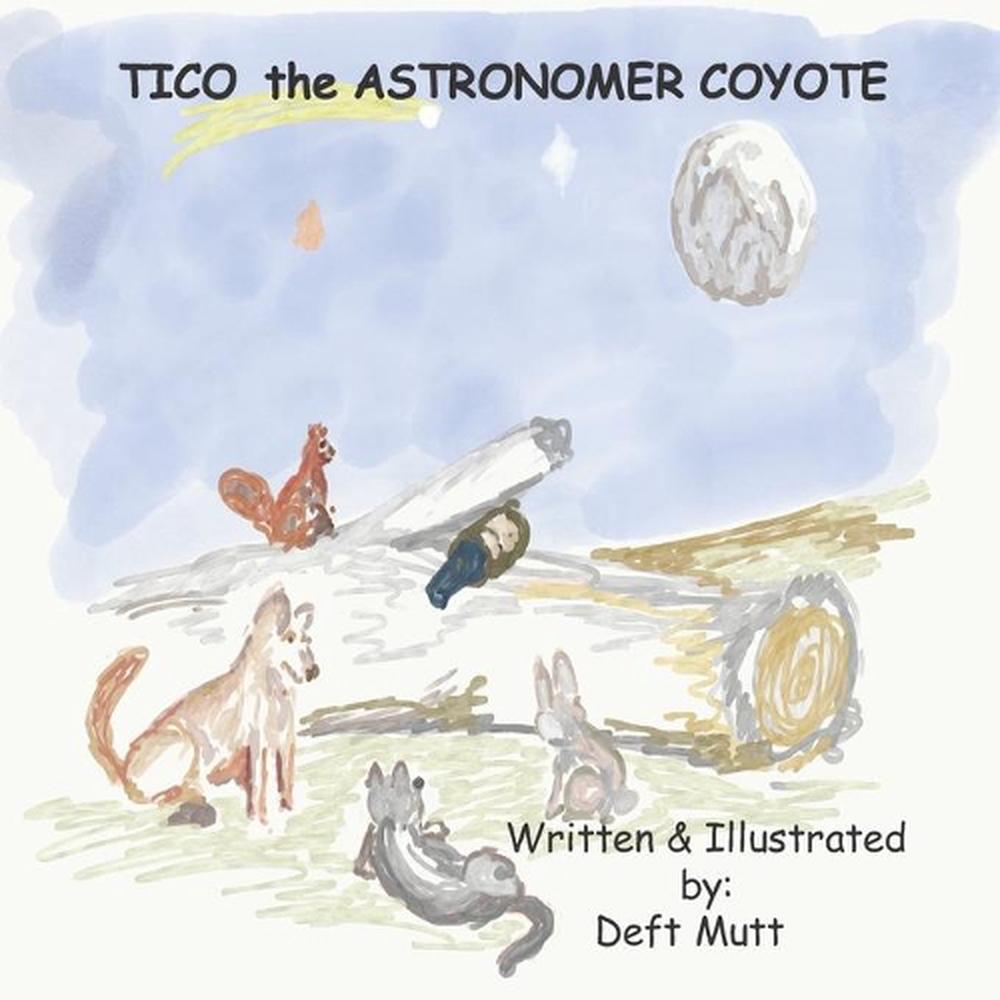

The good news is that many Ticos (Costa Ricans) have some English skills, and others, especially those working in the tourism industry, are quite fluent. We remember those days too and hear from lots of others who are unsure of how they’ll get by without much or any Spanish. In addition to these 30 most used Costa Rican Spanish words, you might want to learn some common and useful general Spanish expressions.If you are worried about not speaking Spanish for your upcoming trip to Costa Rica, you’re not alone. Example: “Vos tenes que bretiar mañana?” (Do you need to work tomorrow?). If you want to use a verb “to work”, you should say bretiar. Example: “Echar harina” (To pay money).īrete means “work” in Costa Rica. Harina is translated as “flour” but in Costa Rican Spanish it means money. Example: “Tengo que ir agarrar la lata” (I need to go and take a bus). If you translate it literally, casado means “married”.Īgarrar la lata means “to catch a bus” in Costa Rican Spanish. Literally means “give me a touch”.Ĭasado is a traditional Costa Rican dish which includes rice, beans, meat and salad. Example: “Que lechero este mae!” (What a lucky person this man)ĭeme un toque means “hold on” or “give me a second”. Literally, it can be translated as “what a milkman!”.

Que lechero means “what a lucky person!”. Example: “Que pelada ayer” (Yesterday everything went so wrong). In Costa Rican Spanish que pelada means that someone did something embarrassing in public or something went really wrong. Example: “Estoy detras del palo, que es eso” (I have no clue what are you talking about). You can use this expression when you or somebody doesn’t know anything about the topic. Idiay is used in different cases and means something similar to “well”, for the example: “idiay mae, llámame más tarde” (well, dude, call me later).ĭetras del palo literally means “behind the tree”. Boca is translated as “mouth” literally, but it means appetizer, starter. You will see a word “boca” in the menus of almost all restaurants in Costa Rica.

#Tico in english tv
Example: “Este tele está pal tigre” (This TV is broken) Local people tell “pal tigre” when they want to tell that something is spoiled, broken or dying. Example: “Mae, tengo goma” (Dude, I feel hungover). Goma means “rubber” in Spanish, but in Costa Rican Slang it means “hungover”. Macho is usually used to address a blond man, for example: “Hey, macho!”. While many people are familiar with one meaning of masculine “macho”, there are more meanings of this word in Costa Rica. Pulperia is a small grocery store or supermarket in Costa Rica. This originates from back in the day when it was thought camote and milk would help crazy people recovery. However, ticos use it to tell that someone is crazy, for example: “que camote!”, meaning “what a crazy!”. A torta is a pie or cake, yet que torta has nothing to do with pies.Ĭamote is a very delicious vegetable similar to potato. Que torta means making a mistake or screwing something up. You can also say “Que necio” which is “what a pain in the ass”. Que pega is translated as “what a sticky” and it is used to describe something or someone annoying that seems to be glued to you and wont leave you alone. Use this expression to say thanks or when referring to someone who did something nice. If you are Canadian, British, Dutch or any other European country you might be called a “Gringo” as well – don’t worry about it! No harm or insult intended.īuena nota can be literally translated as a “good grade”, but it usually helps to express gratitude. Plural form of the word, gringos, is usually used to tell “Americans”. Gringo means a blond man from North America or Europe. Example: “Pura vida mi compa! Nos vemos” (Great, bro, see you later!) Pura vida literally means “pure life”, but people use this expression as a greeting, or at the end of the sentence or conversation, like trying to tell “right”, “great”, “OK” or similar. The big old Pura Vida! – Pura vida is one of the most popular expressions you will hear in Costa Rica. just give a big wave, smile and say PURA VIDA! If all forms of communication fail like hand flailing, slowly mouthing out words in your own language (for some reason people think this helps us understand!), acting out like mimes etc. It is very useful to learn some top Costa Rican Spanish words – remember them when traveling to this beautiful country!

However, don’t get discouraged! The more you make effort to speak Spanish with locals and participate in conversations, the more information you will get about the country. Local people have their own slang and expressions that are difficult to understand to everyone who is not native to Costa Rica. Even if you speak Spanish, Costa Rican Spanish might seem different to you.


 0 kommentar(er)
0 kommentar(er)
